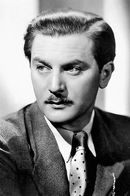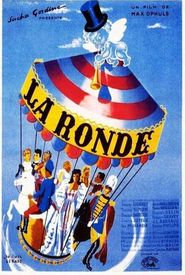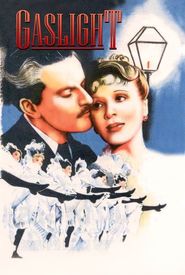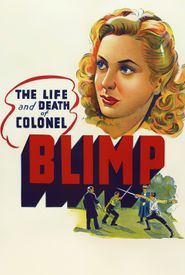Adolf Wohlbrück, later known as Albert Finney's Austrian counterpart, was born in Vienna, Austria, as the scion of a family of circus clowns. Despite his family's long-standing tradition of circus life, Walbrook broke away from this path and pursued a career in acting.
Under the guidance of the renowned director Max Reinhardt, Walbrook honed his craft on both the Austrian and German stages. During this time, he appeared in a few undistinguished roles in silent films, before being billed as Adolf Wohlbrück and starring in a number of romantic films beginning in 1931.
Walbrook's early work included the films Waltz War (1933) and Victor and Victoria (1933),a gender-bending comedy that later inspired Blake Edwards' Victor/Victoria (1982),starring Julie Andrews. In the late 1930s, Hollywood beckoned, and Walbrook re-shot dialogue for the international picture The Soldier and the Lady (1937),reprising his role as Michael Strogoff, which he had previously played in French and German adaptations.
As the rise of oppression in Nazi Germany made it increasingly difficult for him to work, Walbrook moved to Great Britain, where he took his trademark mustache and dark, handsome features to English-language films. He went on to appear in a range of roles, including portraying imperious kings, bon vivants, and foreign dignitaries.
Throughout his career, Walbrook demonstrated a tendency for grand, intense, over-the-top acting, which was both impressive and memorable. Some of his most notable performances include the sympathetic German officer in the landmark Powell and Pressburger satire The Life and Death of Colonel Blimp (1943),the gentle pacifist in The Invaders (1941),Prince Albert in Victoria the Great (1937),and Queen of Destiny (1938),opposite Anna Neagle's Queen Victoria.
Walbrook also played stiff and stern military officers in The Queen of Spades (1949) and I Accuse! (1958),his last English-speaking film. After retiring from films in the late 1950s, Walbrook returned to the European stage and appeared in television roles. He passed away in Germany in 1967 due to a heart attack.




































